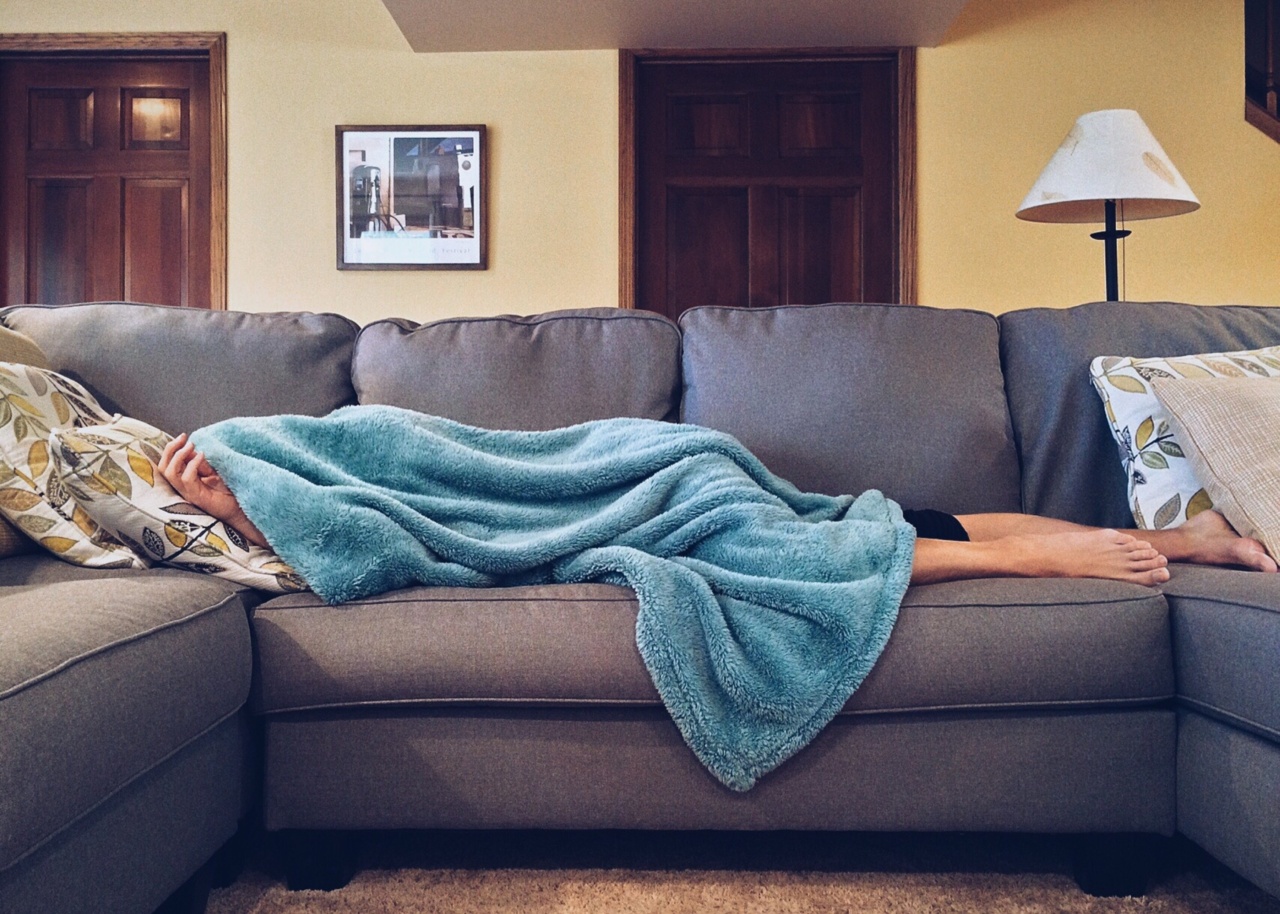Sleep is a vital aspect of our lives. It is during sleep that our bodies rejuvenate and our minds recharge. However, not everyone is lucky enough to enjoy a good night’s sleep.
Some people struggle with various sleep disorders, while others find it difficult to fall asleep or stay asleep throughout the night. In this article, we explore the factors that set some people apart when it comes to sleeping soundly.
The Importance of Sleep
Sleep plays a crucial role in maintaining our overall health and well-being. It supports various bodily functions, including tissue repair, immune system regulation, and memory consolidation.
Lack of sleep can have severe consequences, such as impaired cognitive function, increased risk of chronic diseases, and reduced productivity. It is, therefore, essential to understand what factors contribute to achieving a restful night’s sleep.
Genetics and Circadian Rhythm
One significant factor that sets individuals apart in terms of sleep quality is genetics. Studies have shown that certain genes are associated with sleep disorders, such as insomnia or sleep apnea.
Genetic variations can affect an individual’s circadian rhythm, the internal clock that regulates sleep and wakefulness. These variations can influence the time at which a person naturally feels sleepy or alert.
Additionally, some people have what is commonly referred to as “morningness” or “eveningness,” which refers to their preference for waking up early or staying up late.
These preferences are also influenced by genetics and can impact an individual’s sleep patterns.
Lifestyle Factors
While genetics does play a role, lifestyle factors also significantly impact sleep quality. Here are some lifestyle factors that can affect your ability to sleep soundly:.
1. Sleep Hygiene
Having proper sleep hygiene practices is crucial for encouraging a good night’s sleep. This includes maintaining a regular sleep schedule, creating a comfortable sleep environment, and avoiding stimulating activities before bedtime.
Consistency and creating a calming routine can signal your body that it’s time to sleep.
2. Diet and Exercise
Eating a healthy diet and engaging in regular physical activity can positively impact sleep. Avoiding heavy meals, caffeine, and alcohol close to bedtime can reduce the chances of sleep disturbances.
Exercise, when done earlier in the day, promotes better sleep quality by increasing melatonin production and reducing stress levels.
3. Stress and Mental Health
Stress and mental health conditions, such as anxiety or depression, can significantly affect sleep quality. Chronic stress can lead to difficulties falling asleep or staying asleep throughout the night.
Finding healthy ways to manage stress, such as practicing relaxation techniques or seeking therapy, can help improve sleep.
4. Electronic Devices and Blue Light
The use of electronic devices, such as smartphones, tablets, and laptops, before bedtime can interfere with sleep. The blue light emitted by these devices suppresses the production of melatonin, a hormone that regulates sleep.
Avoiding screen time at least an hour before bed can promote better sleep.
5. Sleep Disorders
Some individuals may suffer from sleep disorders that disrupt their sleep patterns. Conditions like insomnia, sleep apnea, restless leg syndrome, or narcolepsy can severely impact sleep quality.
Seeking medical assistance and treatment for these disorders can help improve sleeping patterns and overall well-being.
Age and Sleep
Age is another significant factor that sets individuals apart in terms of sleep patterns and quality.
1. Infants and Children: Babies and young children require more sleep than adults. They have shorter sleep cycles, and their sleep is often fragmented.
Parents or guardians play a crucial role in establishing healthy sleep habits for children.
2. Adolescents: During adolescence, there is a shift in circadian rhythm, resulting in a preference for later bedtimes and waking up later in the morning. Early school start times may negatively impact sleep in this age group.
3. Adults: In adulthood, the amount of sleep needed remains relatively stable, usually around 7-9 hours per night. However, other factors like work schedules or lifestyle choices may affect sleep quality.
4. Older Adults: As people age, their sleep patterns tend to change. Older adults often experience more fragmented sleep and may have difficulty falling asleep or staying asleep throughout the night.
This can be attributed to changes in sleep architecture and various health conditions.
The Role of External Factors
External factors can also contribute to differences in sleep quality among individuals:.
1. Noise and Light
Noise pollution and excessive light can significantly disturb sleep. Exposure to loud noises, such as traffic or construction sounds, can disrupt sleep cycles. Creating a dark and quiet sleep environment is crucial for uninterrupted sleep.
2. Temperature and Humidity
The temperature and humidity levels in your bedroom can affect sleep quality. Extreme temperatures or uncomfortable humidity can lead to restlessness and sleep disturbances.
Finding the ideal sleep environment in terms of temperature and humidity can promote better sleep.
3. Mattress and Pillow
The quality and comfort of your mattress and pillow play a vital role in sleep comfort. A mattress that is too firm or too soft may cause discomfort and affect sleep quality.
Similarly, an unsupportive pillow can lead to neck and shoulder pain, causing sleep disruptions.
Conclusion
Many factors contribute to the differences in sleep quality among individuals.
While genetics and age play a role, lifestyle factors such as sleep hygiene, diet and exercise, stress management, and the presence of sleep disorders also significantly impact sleep quality. Creating a conducive sleep environment and practicing healthy sleep habits can improve sleep patterns and overall well-being.






























